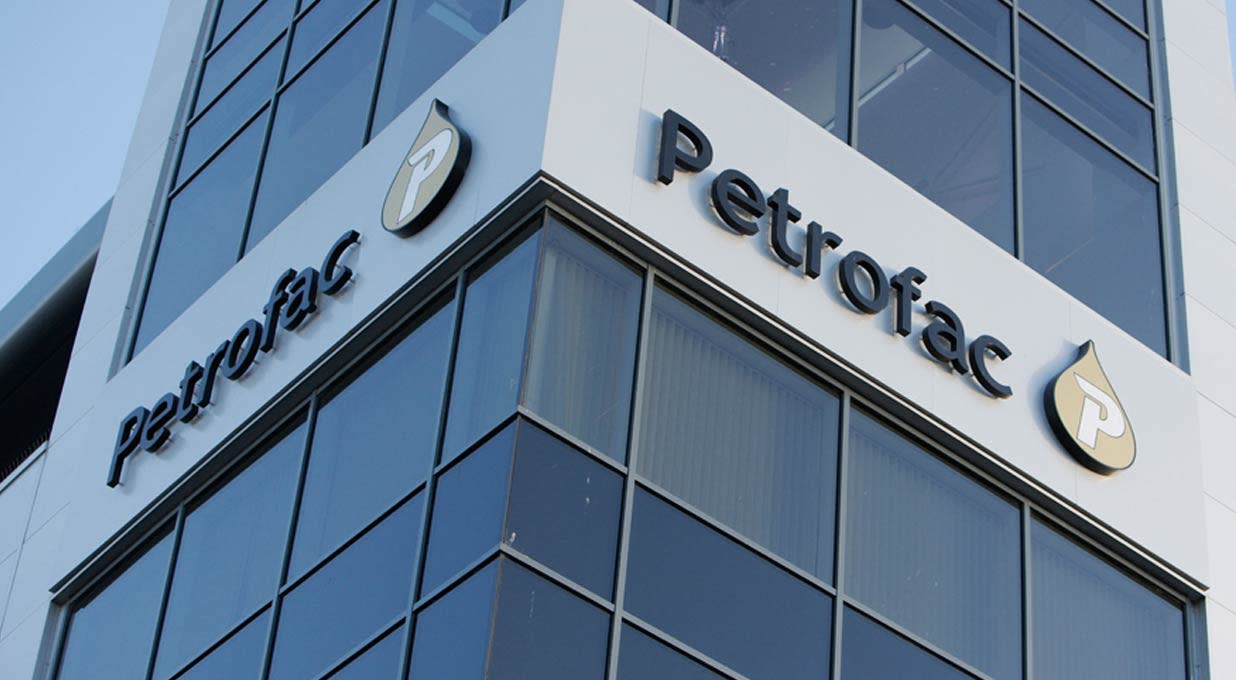Petrofac’s 2023 results have been delayed and are now expected by the end of May. The shares will be suspended from 7.30am on 1 May until publication.
A further $130mn loss is expected to be recognised in the Engineering & Construction division due to ongoing discussions to recoup costs on the Thai Oil Clean Fuels project. In the Asset Solutions division, additional costs on a particular project could see operating profit come in $15-20mn lower than previously expected. At group level, prior guidance was for an operating loss of $180mn.
The company is also in active discussions with lenders to restructure its debt payments. Its bankers have agreed to defer a number of payment obligations. Petrofac does not expect to make a bond payment due on 15th May. The bondholders have agreed not to take any action until the end of June.
There are non-binding proposals in place to provide Petrofac with up to $300mn of new credit if certain performance targets are met.
Net debt at the end of 2023 was $583mn, below previous group guidance.
The shares were down 26.2% in mid-afternoon trading.
Our view
Petrofac has failed to generate a concrete plan to restructure the business and shore up the balance sheet. As a result there are now pressing concerns about the company’s ability to survive. Even if the situation is resolved, paying its lenders in shares rather than cash is a distinct possibility. That would mean investors’ ownership of the company would be significantly diluted.
Talks are also under way to sell off parts of the business. Until clarity emerges on the shape of the business, investor sentiment is likely to remain negative. That’s reflected in a valuation at an all time low. There’s no guarantee that the suspension will be lifted in the given timeframe and unless a suitable rescue plan is negotiated with lenders, shareholders may lose most or all of their investment.
Petrofac designs, builds, manages and maintains oil, gas, refining, petrochemicals and renewable energy infrastructure. It's been making solid progress in rebuilding its order book and sales pipeline. But what investors really want to see is a return to profits and cashflows, and progress on that front has so far been disappointing. That’s heaped pressure on Petrofac's balance sheet.
Should a solution be found, the key will be not just winning new business, but also securing strong commercial terms. Pricing discipline is essential, to avoid a race to the bottom. We also see headcount as a key metric to get right. Petrofac is a relative minnow in the energy equipment and services space. That gives it less bandwidth to invest in hiring skilled engineers in anticipation of new business. Over-hire and the bottom line gets punished. Hold back and there could be problems delivering projects.
Volatile oil and gas prices make this equation harder to balance, as customers evaluate whether or not to embark on new projects. Fortunately, recent success in securing work in the renewable energy space shows the business doesn't have all its eggs in one basket.
Petrofac’s deep expertise across the energy industry has enabled it to build an impressive backlog of business thought to have been around $8bn at the last year end. If it can meet its ambition of returning to industry leading margins over the medium-term then there’s the potential to rebuild investor confidence.
In the immediate future, we caution that efforts to shore up the company's finances are likely to be the key driver of Petrofac's valuation. Whilst the company’s very future hangs in the balance it’s impossible to make a convincing investment case. Once suspended the shares can’t be bought or sold. And we see more compelling names elsewhere in the sector.
Environmental, social and governance (ESG) risk
The ESG risk to oil and gas service providers runs parallel to those impacting producers. Environmental concerns are the primary driver of ESG risk for this group, with carbon emissions and waste disposal being the main issues. Health and safety, community relations and ethical governance are also contributors to ESG risk.
According to Sustainalytics, Petrofac's management of ESG risks is strong. However, there are concerns surrounding the strength of the company's disclosures.
It has a strong environmental policy and has appointed a management committee for ESG issues, but its ESG reporting doesn't align with leading reporting standards. Its whistle-blower programme is strong, reflecting changes to the governance regime following an investigation by the Serious Fraud Office. Although ESG targets have been included in executive performance
This article is not advice or a recommendation to buy, sell or hold any investment.No view is given on the present or future value or price of any investment, and investors should form their own view on any proposed investment.This article has not been prepared in accordance with legal requirements designed to promote the independence of investment research and is considered a marketing communication.Non - independent research is not subject to FCA rules prohibiting dealing ahead of research, however HL has put controls in place(including dealing restrictions, physical and information barriers) to manage potential conflicts of interest presented by such dealing.Please see our full non - independent research disclosure for more information.


